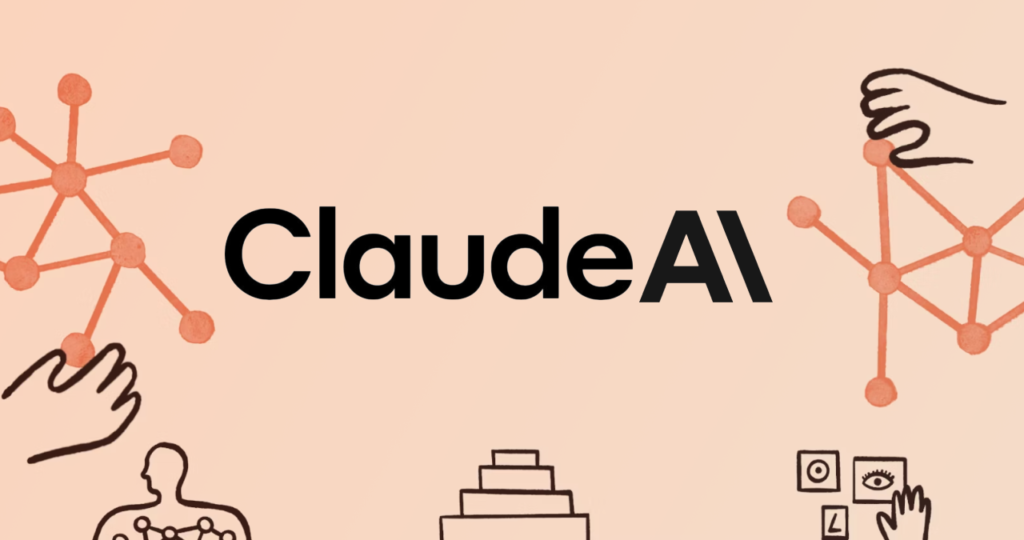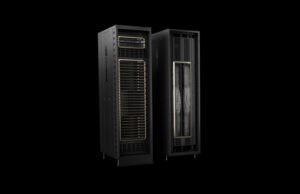Anthropic, an AI trailblazer, has recently introduced its latest triumph: Claude3. This innovative line of AI models, including Claude3 Haiku, Claude3 Sonnet, and Claude3 Opus, is poised to redefine benchmarks in various cognitive tasks within the ever-evolving realm of artificial intelligence. But what distinguishes Claude3 from its counterparts and why is it causing such a stir in the AI community?
Unveiling Claude3: Anthropic’s Drive for AI Excellence
Claude 3 epitomizes Anthropic’s relentless pursuit of AI brilliance. Crafted by the minds at Anthropic, including former members of OpenAI, this trio of AI models pushes the boundaries of intelligence, speed, and accessibility through their expertise and experience.
At its core, Claude3 comprises expansive language models (ELMs) adept at navigating diverse media formats effortlessly. With enhanced performance and adaptability compared to previous iterations, Claude 3 emerges as a formidable contender in the AI product landscape.
The Claude3 Family: Claude 3 Haiku, Sonnet, and Opus
The Claude3 family encompasses three distinct models, each tailored to specific applications:
Claude 3 Haiku: Engineered for scenarios necessitating rapid responses, Haiku excels in delivering quick, contextually relevant answers. Whether addressing customer inquiries or facilitating real-time interactions, Haiku ensures swift and accurate communication.
Claude 3 Sonnet: Positioned as a balanced solution, Sonnet strikes a harmony between performance and cost-effectiveness. With its versatility and competitive pricing, Sonnet caters to a broad spectrum of applications, making it an attractive choice for businesses seeking efficient AI solutions.
Claude 3 Opus: Representing the pinnacle of AI sophistication, Opus stands as the flagship of the Claude 3 lineup. With nearly human-like comprehension and fluency, Opus redefines the boundaries of AI capability. From intricate reasoning tasks to multilingual dialogues, Opus showcases Anthropic’s dedication to pushing AI innovation forward.
Beyond the Hype: Assessing Claude 3’s Performance
Anthropic’s claims of enhanced performance are substantiated by tangible results. Claude 3 Opus has surpassed its predecessors in numerous AI benchmarks, including the esteemed GPT-4. Opus has demonstrated its prowess across various cognitive domains, from undergraduate-level knowledge to coding proficiency.
However, it’s crucial to acknowledge the nuances and limitations associated with AI benchmarking. While Claude3’s benchmark achievements are impressive, a careful examination of their practical implications is warranted. The pursuit of AI excellence is underscored by challenges such as complex reasoning and bias mitigation.
Looking Forward: The Evolution of Claude3
As Claude3 takes center stage in the AI arena, the journey is far from complete. Anthropic’s commitment to innovation and ethical AI development lays the groundwork for future advancements. With plans to introduce more accessible versions and bolster safety measures, Claude 3 is poised to shape the trajectory of AI-driven solutions.
In summary, Claude 3 heralds a new era in AI technology. With its unmatched performance, versatility, and ethical framework, Claude 3 sets a precedent for intelligent systems. As we embark on this transformative voyage, one thing remains certain: the future of AI shines brighter than ever before.
See also: Politicians Pledge Collaboration To Address AI Safety, US Launches Safety Institute


















